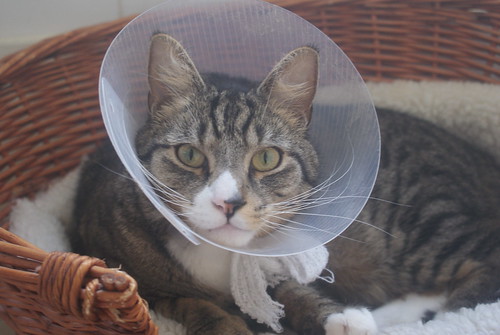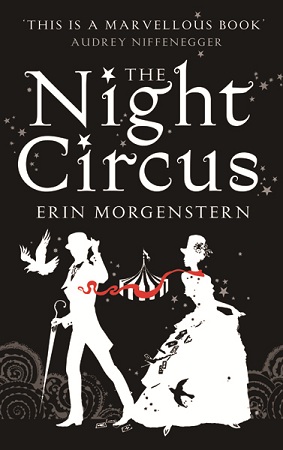Tides of War is a historical novel set in the 1800s (which I think of as the Jane Austen time period) and focuses on the Peninsular war against Napoleon. Newlywed Harriet Raven is left behind by her husband Captain James Raven as he joins Lord Wellington's troops and we see the action from both perspectives - James in the thick of it and Harriet left behind, but with more freedom. There are many characters and plot arcs in Tides of War, but the main theme is the changing effect war has on all whose lives are touched by it, and how things can never really go back to how they were. I chose to read it as I'm aiming to read as many books as possible from the 2012 Orange Prize Longlist.
Tides of War was well written and mainly enjoyable. It's easy to see that Tillyard is a historian as well as a fiction writer as there was a wealth of historical detail. I appreciated this in the sections about London and the new 'illumination science' but not so much in the sections about the war. Military history isn't really my thing and it was hard for me to keep straight the actions of the French, British and Spanish partisans when I had no background knowledge of the war. When I read historical fiction, I tend not to read war fiction.
Consequently, the parts I really enjoyed were the parts about Harriet. Left behind in London, she soon finds that she has more freedom with her husband away than with him at home and her life begins to expand. She attends lectures, makes new friends and falls in love with a foreign scientist. This was true of all the women too - they got a taste of independent living that meant that their relationships with their husbands when they returned were permanently changed.
Most of the criticisms of this book I have seen focus on the fact that there is a large cast of characters. This is true - it's an ensemble cast like a HBO TV show, but this didn't bother me at all. Tillyard wrote all of the characters distinctively so I had no trouble keeping tabs on them all. The large cast also meant she could introduce some interesting characters that wouldn't have any focus if the book was all about Harriet and James. My favourite 'minor' character was James' servant Thomas, who gets swept up in the heat of war to commit an unspeakable act that effects him deeply for the rest of the novel.
Despite the high quality writing and interesting plot, the book fell a bit flat for me. I liked it whilst I was reading it but never really felt a strong urge to pick it up again. Perhaps it was the time period, perhaps it was the military history, but for whatever reason I didn't love this book. Other historical fiction fans might.
Source: Library (reserved)
First Published: 2011
Score: 3.5 out of 5























